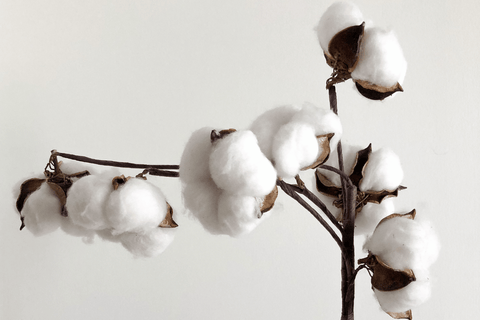bubuleh almost exclusively uses organic cotton for our clothing.
But what does that mean? What are the differences between organic cotton and conventional cotton and why is it important?
For some context, cotton is the primary textile in the production of 1.5 billion items a year. This means that incredible amounts of cotton are needed in order to meet the demand for this fiber. However, the traditional farming techniques for cotton are quite chemical and water intensive, which in turn leads to the degradation of local environments and natural resources.
However, organic cotton is a fantastic, long-lasting alternative that feels great to wear.
It is grown using various techniques that mitigate the impact on the environment. Organic production systems are meant to replenish and maintain soil fertility, remove and or reduce the use of toxic and persistent pesticides or fertilizers, build biologically diverse agriculture, and reduce water usage. In addition, federal regulations prohibit the use of genetically engineered seeds for organic farming and prioritize healthy and safe environments for agricultural workers.
It is these factors from mitigating harm to the soil to ensuring a healthy work environment for farmers that make organic cotton so important to us. As a brand centered around the Jewish diaspora and its culture, it’s important that we make choices that align with our values and the values of our community. Using organic cotton is just one way that bubuleh commits to Tikkun Olam: the idea that we must work to repair the world.


